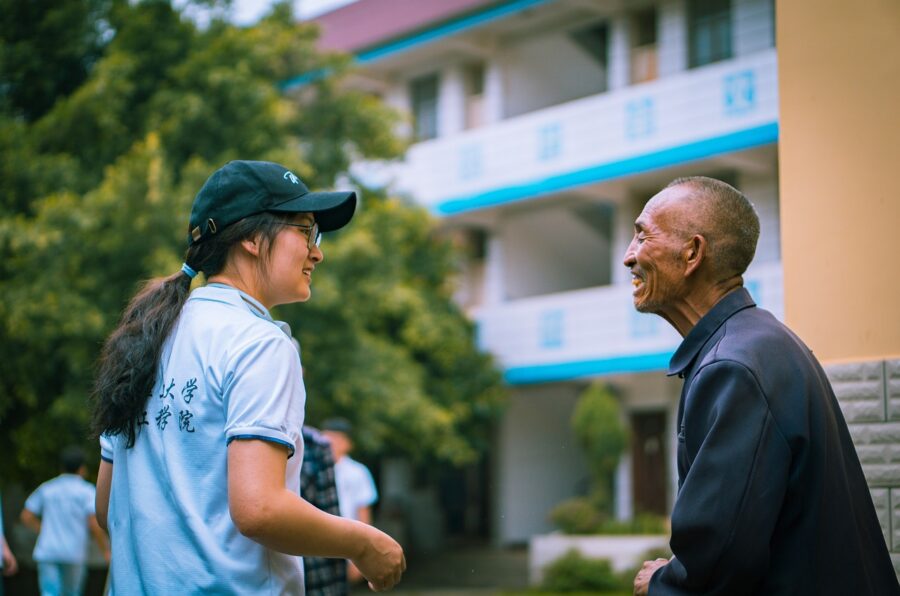Volunteering is about giving your time and effort and showing empathy towards those in need. Empathy is the ability to understand and share the feelings of others, and it plays a crucial role in creating positive change in society. This is especially true when it comes to working with at-risk youths. Ron Eugene Reynolds will explore the impact of empathy in volunteer work and how it can bridge gaps and build futures for at-risk youths.

Understanding At-Risk Youths
Before delving into the role of empathy in volunteer work, it is important first to understand who at-risk youths are. At-risk youths are those who face challenges that put them in danger of failing academically, dropping out of school, becoming involved in criminal activities, or experiencing substance abuse. These challenges can stem from various factors such as poverty, trauma, family issues, and lack of support systems.
As a volunteer working with at-risk youths, I find it crucial to understand their unique struggles and experiences. This understanding allows us to approach our volunteer work with empathy and compassion rather than judgment or pity. By putting ourselves in their shoes and acknowledging their struggles, we can build a genuine connection with them and positively impact their lives.
The Role of Empathy in Volunteer Work
Empathy is more than just feeling sorry for someone’s situation. It involves actively listening, understanding, and valuing another person’s feelings and perspectives. In the context of volunteer work with at-risk youths, empathy plays a crucial role in creating a safe and supportive environment for these young individuals.
Volunteers can establish trust and foster positive relationships with at-risk youths when they approach their work empathetically. This is essential because many of these youths may have experienced betrayal or neglect from adults. By showing empathy, volunteers can build a sense of trust and safety for at-risk youths, making them more receptive to the support and guidance provided.
Moreover, empathy helps in creating an inclusive environment where at-risk youths feel understood and accepted. This is especially important for youths who may feel marginalized or isolated due to their struggles. When volunteers show genuine care and understanding towards these individuals, they feel a sense of belonging and are more likely to engage in activities and programs that can benefit them.
The Role of Nonprofits and Community Organizations
Nonprofits and community organizations are the backbone of efforts to support at-risk youths. They work tirelessly to create and facilitate volunteer opportunities, connecting those who want to help with those who need it most. By doing so, they provide essential services and advocate for policies and practices that better serve disadvantaged young people.
These organizations understand that creating safe, nurturing environments requires a multifaceted approach. From securing funding to training volunteers, they manage the logistical and administrative tasks that empower empathetic action within communities.
Bridging Gaps and Building Futures
One key benefit of empathy in volunteer work with at-risk youths is its ability to bridge gaps and build futures. By understanding their unique challenges, volunteers can tailor their support and guidance to meet the specific needs of these young individuals. This can range from providing academic support to addressing mental health issues or helping with job readiness.
Empathy also allows volunteers to see beyond the challenges and struggles of at-risk youths and recognize their potential. By showing genuine care and belief in these young individuals, volunteers can motivate and inspire them to reach for their dreams and work towards a brighter future. In this way, empathy catalyzes positive change and empowerment for at-risk youths.
Final Thoughts
Volunteer work with at-risk youths is not just about providing services but also about showing empathy towards these young individuals. By understanding their struggles, establishing trust, and fostering positive relationships, volunteers can bridge gaps and build futures for at-risk youths. The next time you volunteer, remember to lead with empathy and make a meaningful impact on those you serve. Continually developing and practicing empathy is important to create a more compassionate and understanding society.
